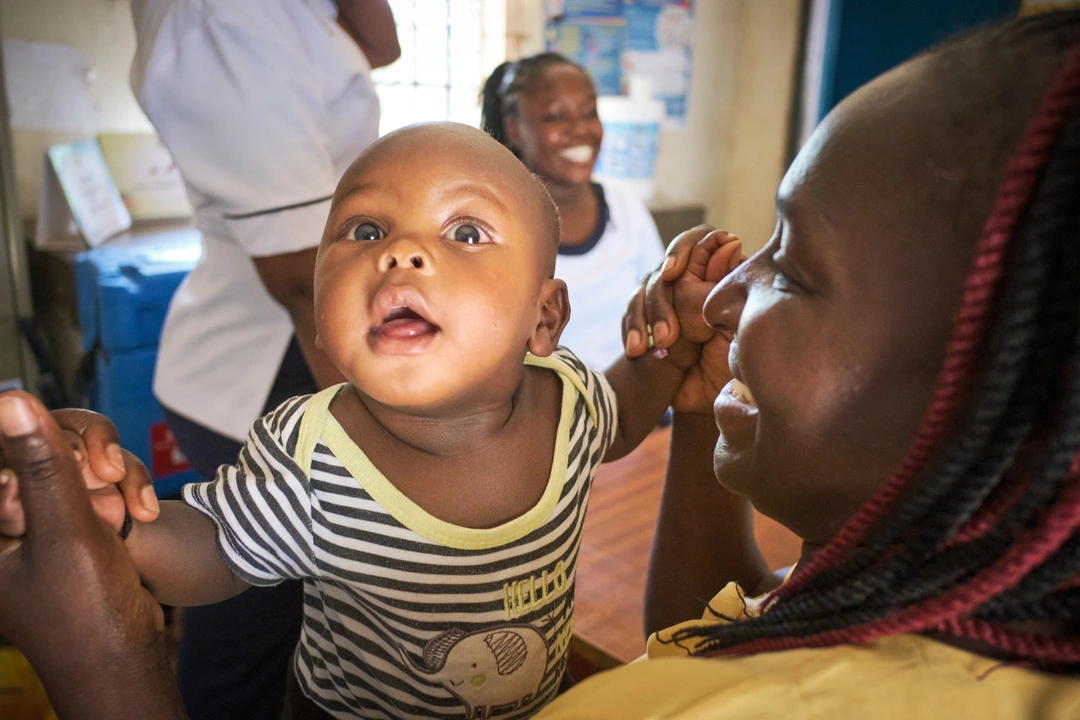Primaquine: what it treats and why G6PD testing matters
Primaquine is an antimalarial many people never hear about until they need it. It’s the one drug that targets the hidden liver stage of Plasmodium vivax and P. ovale, so it prevents relapses. It’s also used in a single low dose to stop P. falciparum from spreading to others. If you travel to or live in areas with relapsing malaria, primaquine matters.
How primaquine is used
For radical cure (killing dormant liver forms): adults commonly take 15 mg base daily for 14 days (some dosing is weight-based at 0.25–0.5 mg/kg/day). For preventing transmission of falciparum, a single 0.25 mg/kg dose (usually 15 mg for adults) is given alongside blood-stage treatment. There’s also tafenoquine, a newer single-dose option, but it has similar G6PD testing needs.
Always follow your prescriber’s exact dosing. Treatment length and dose can change with local guidelines, patient weight, and other factors. Don’t split or shorten the course without advice—unfinished radical cure can lead to relapse.
Safety: G6PD deficiency and side effects
Primaquine can cause hemolysis (red blood cell breakdown) in people with G6PD deficiency. That’s why a G6PD test is required before prescribing it. If you have G6PD deficiency, primaquine is usually unsafe or needs special monitoring and lower dosing strategies. It’s also not recommended in pregnancy because the fetus may be G6PD-deficient; breastfeeding requires caution until the infant’s G6PD status is known.
Common side effects are nausea, stomach pain, headache, and dizziness. Watch closely for signs of hemolysis: dark urine, sudden tiredness, shortness of breath, rapid heartbeat, or jaundice. Rarely, primaquine can raise methemoglobin levels and cause bluish skin or breathlessness—seek urgent care if that happens.
Drug interactions matter. Primaquine’s activity depends partly on liver enzymes like CYP2D6, so genetic differences or certain drugs may lower effectiveness. Avoid pairing primaquine with other drugs known to cause oxidative stress on red cells, and tell your provider about all medicines and supplements you take.
Before you start: get a G6PD test, review pregnancy/breastfeeding status, and confirm the dose. If you’re buying medicine online, use a licensed pharmacy and make sure a prescription is required and checked. If you notice worrying symptoms after starting primaquine, stop and get medical help right away.
Primaquine is a small pill with a big job: preventing relapses and stopping malaria spread. With proper testing and a clear plan from your clinician, it’s safe and effective. Ask questions, keep records of tests and doses, and don’t skip follow-up—those steps keep treatment working and you safe.

